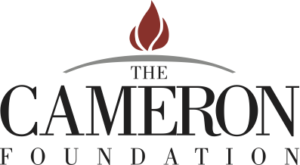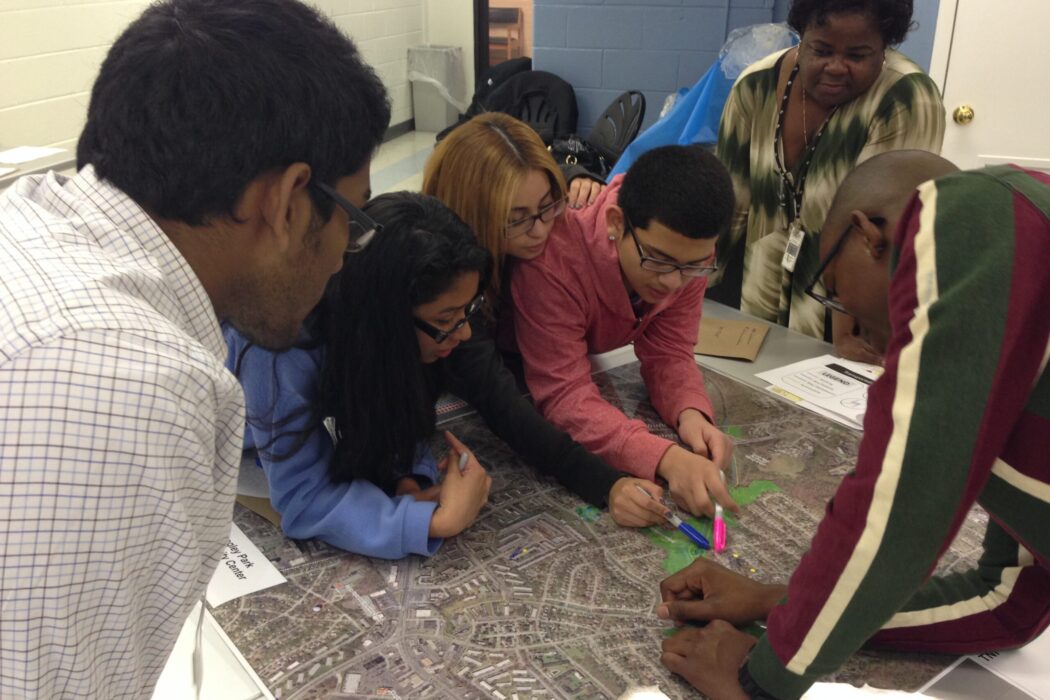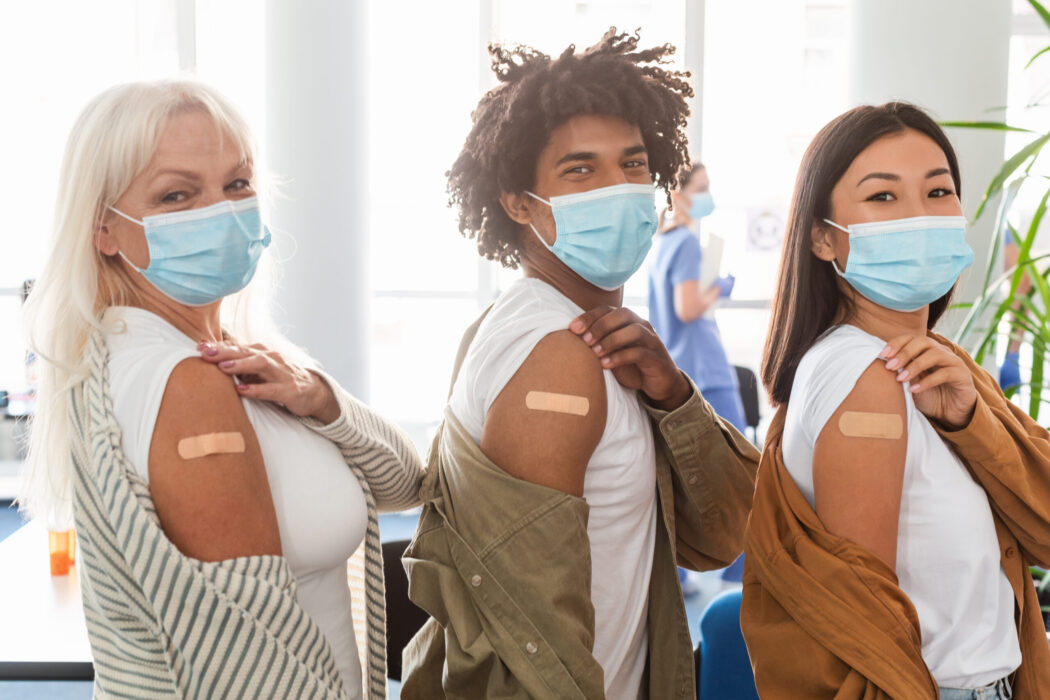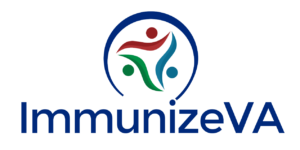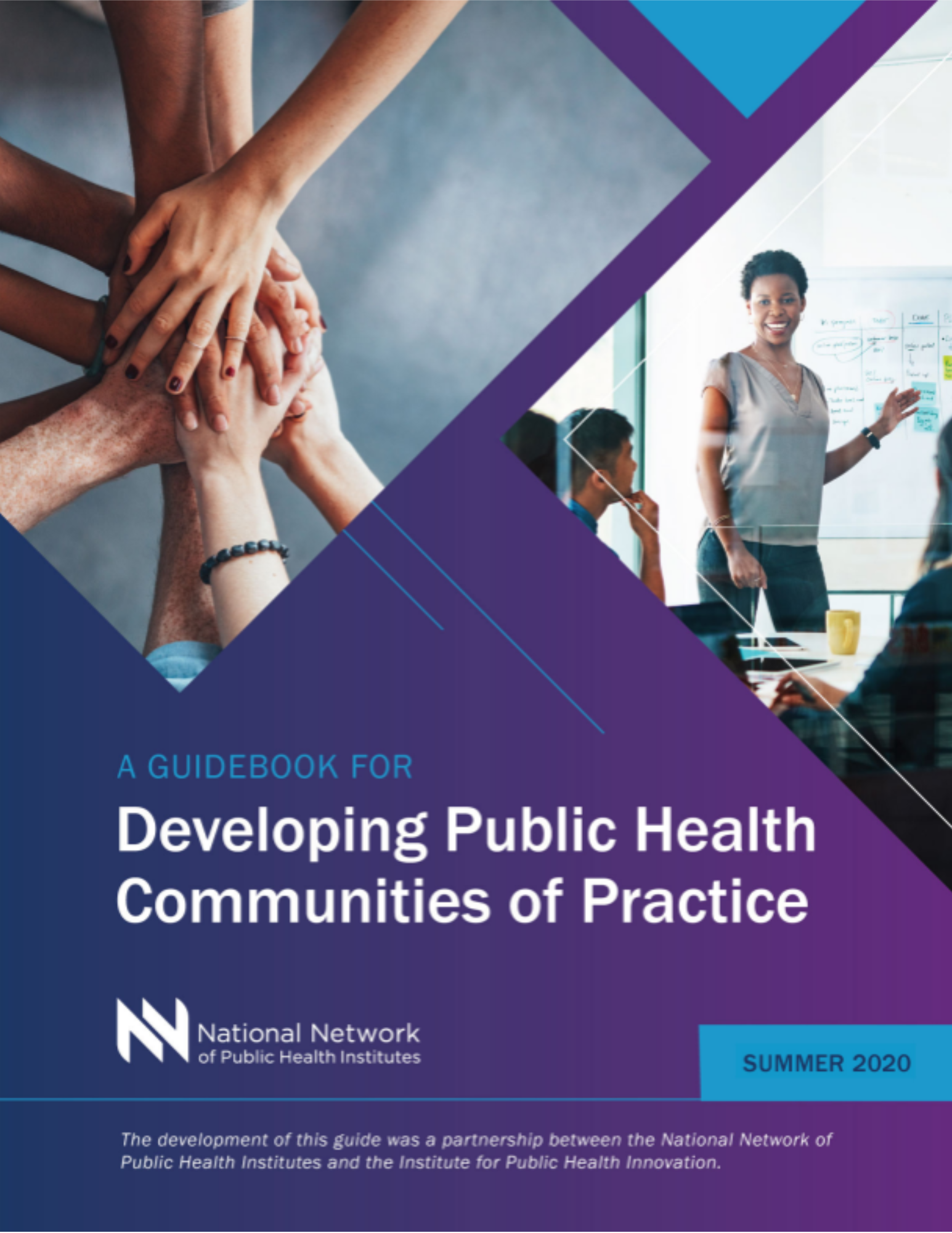
A Guidebook for Developing Public Health Communities of Practice
The Institute for Public Health Innovation (IPHI), in partnership with the National Network of Public Health Institutes, created this guidebook to explain how Communities of Practice (CoPs) have emerged as a powerful social learning model for building collaboration, shared expertise, and practical problem-solving across fields, including public health.
CoPs bring together committed practitioners who learn from one another through sustained interaction. The National Network of Public Health Institutes (NNPHI) applies this model to strengthen public health training and practice, offering a guidebook with frameworks and tools to launch CoPs. The rationale is grounded in urgent national calls, including Public Health 3.0 and the CDC’s workforce strategy, which emphasize workforce capacity, continuous learning, and equity. As public health faces an expanding scope, persistent inequities, uneven workforce capacity, rapid-response demands, and the limits of traditional training, CoPs offer a practical, technology-enabled approach to continuous, collaborative learning and the effective sharing and implementation of solutions.
To download the report, click Here
To view the report online, visit: Here
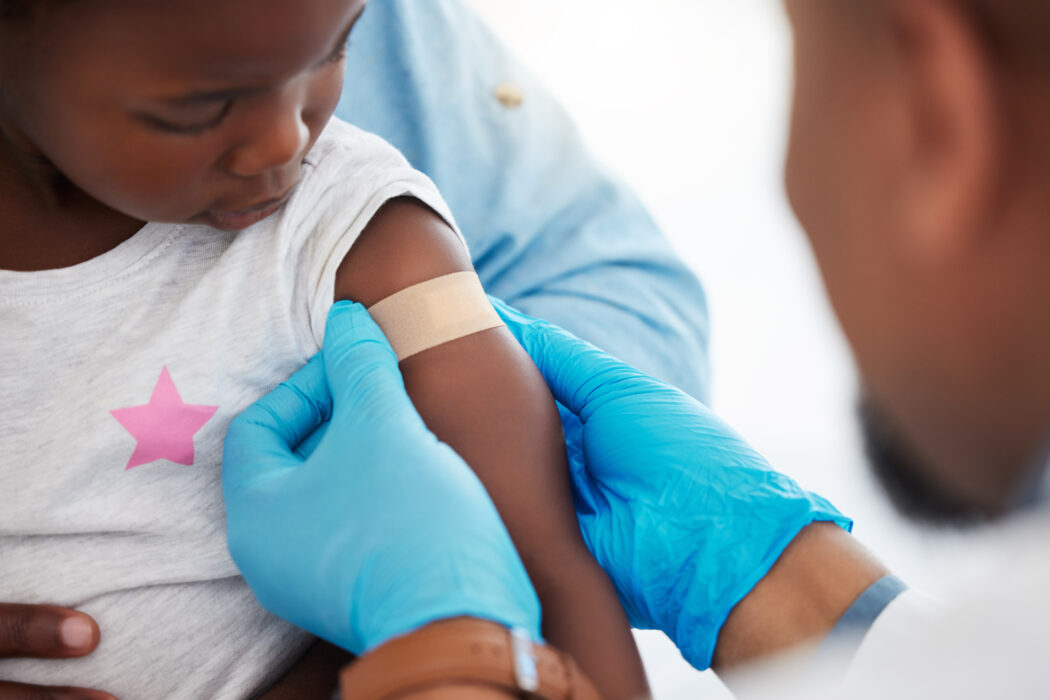
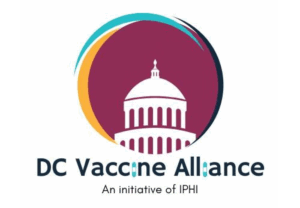
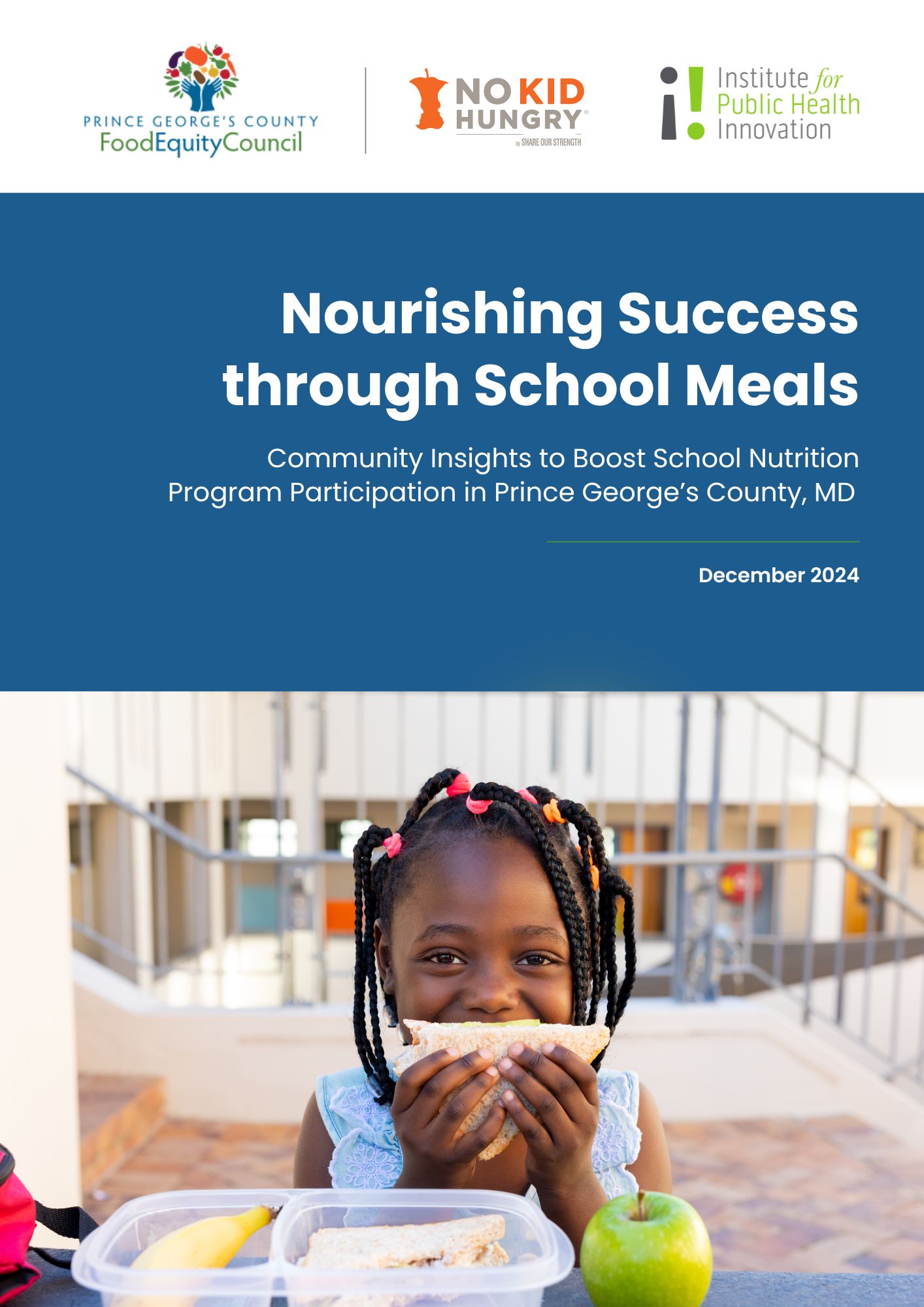
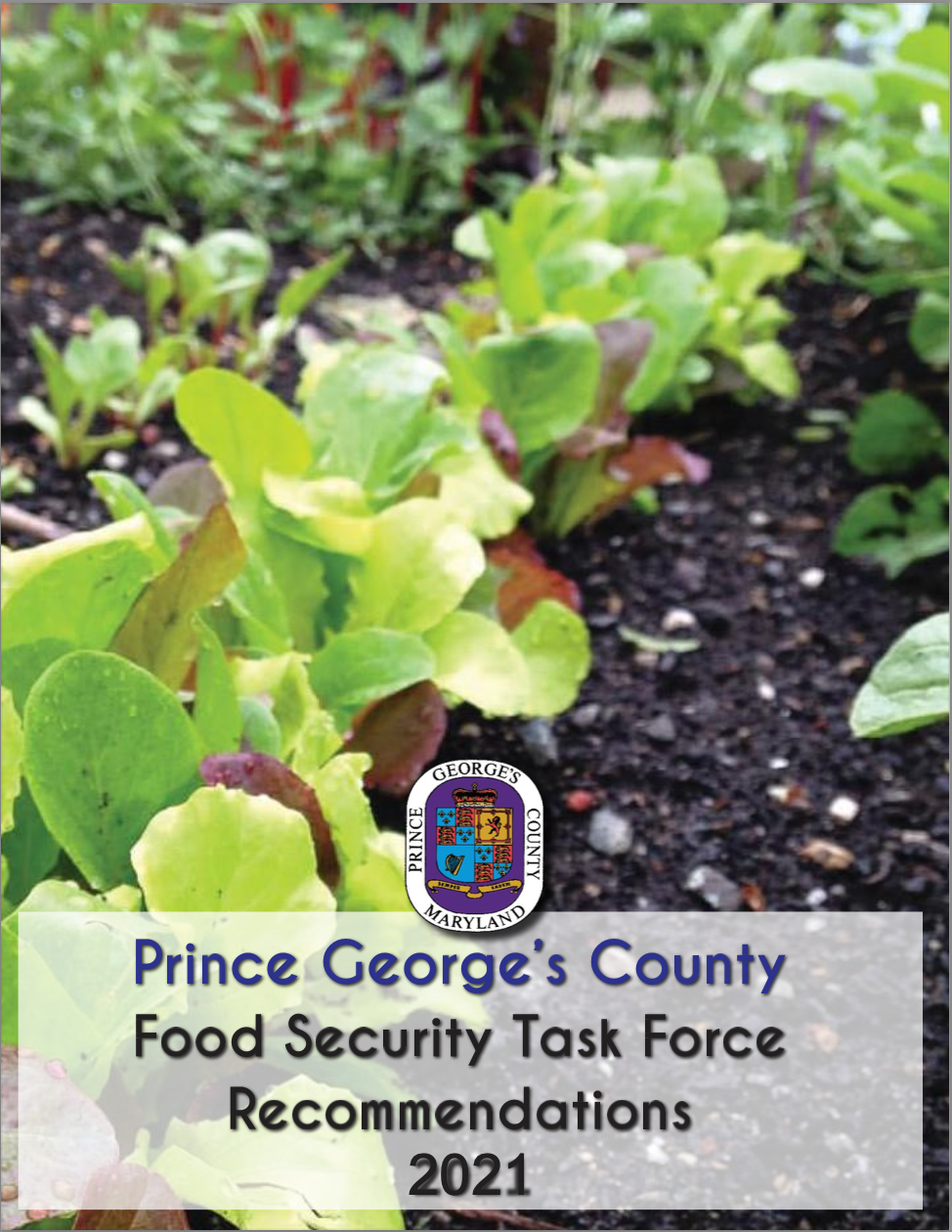

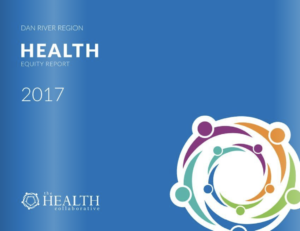
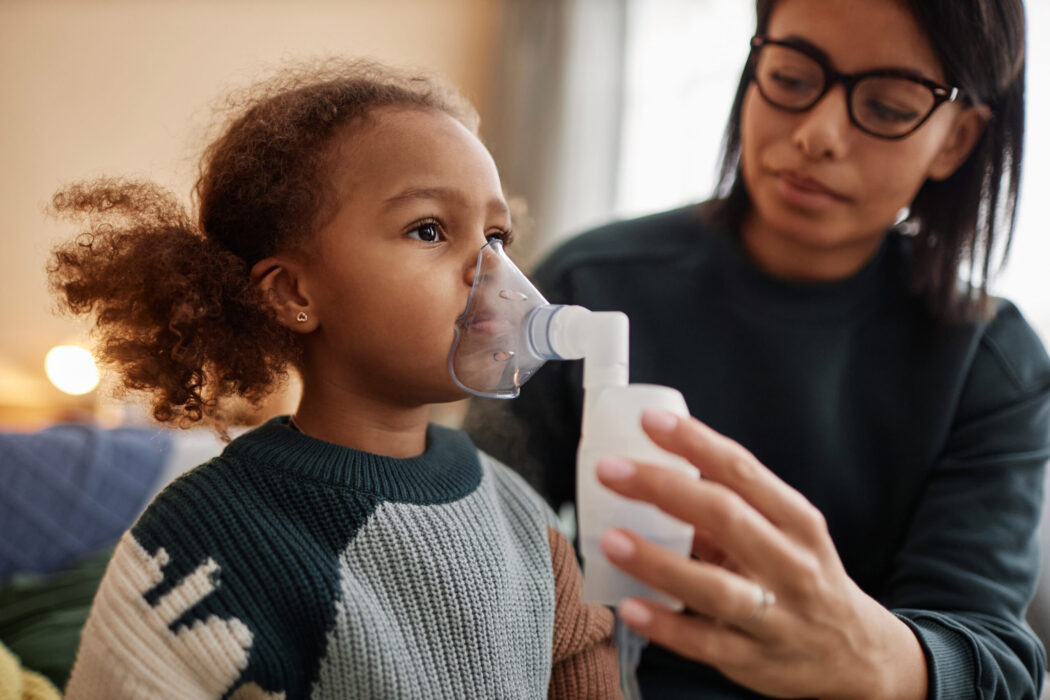

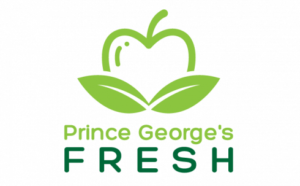 Through a collaborative partnership between IPHI, Giant Food, Amerigroup, Anthem Foundation, and the Healthy Eating Active Living (HEAL) Workgroup of the Prince George’s Healthcare Action Coalition, Prince George’s Fresh will increase healthy food access for Prince George’s County residents. The program allows medical professionals at participating health clinics to recommend produce coupons and nutrition education to patients experiencing food insecurity. Prince George’s Fresh is an innovative opportunity to engage cross-sectoral partners in an evidence-based model to address County health disparities and food insecurity. For Prince George’s Fresh fact sheet, click:
Through a collaborative partnership between IPHI, Giant Food, Amerigroup, Anthem Foundation, and the Healthy Eating Active Living (HEAL) Workgroup of the Prince George’s Healthcare Action Coalition, Prince George’s Fresh will increase healthy food access for Prince George’s County residents. The program allows medical professionals at participating health clinics to recommend produce coupons and nutrition education to patients experiencing food insecurity. Prince George’s Fresh is an innovative opportunity to engage cross-sectoral partners in an evidence-based model to address County health disparities and food insecurity. For Prince George’s Fresh fact sheet, click: 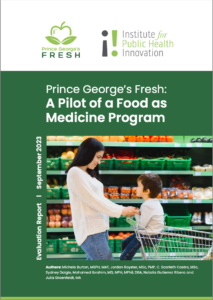 In fall 2023, Prince George’s Fresh completed an evaluation report on “A Pilot of a Food as Medicine.” To view and download the report, click:
In fall 2023, Prince George’s Fresh completed an evaluation report on “A Pilot of a Food as Medicine.” To view and download the report, click: 
